Firefighters and rescue divers, soldiers and pilots, civilian geologists and engineers came from all corners of Lithuania. They brought helicopters and sonar, water pumps and mud dredgers.
Some even came from over the border. Polish engineers, recovery experts, and rescue crews arrived with recovery vehicles, fuel trucks, and mobile workshops, ready to help in any way they could.
Four American souls were buried under 15 feet of mud and water—and these friends all came, shoulder-to-shoulder with us, to help bring them to safety.
While our vice president was whining about “bailing out the Europeans again,” and our own president wasn’t even aware of the situation, Lithuania’s president was visiting our soldiers, “still hoping for a miracle.”
The miracle didn’t come. The four American soldiers, all based out of Fort Stewart in Georgia, perished in a training accident in Pabradė, Lithuania. But that tragic outcome doesn’t diminish the gestures of goodwill from our foreign friends. They rushed to our aid—sparing no expense, asking nothing in return. They didn’t have to, but they did. Because, as Lithuanian Defense Minister Davile Sakaliene expressed, “We in Lithuania don’t leave [our own] behind. … And we consider these American soldiers our own.”
Lithuania’s response in this situation reminded me of the friendship and steadfast loyalty that I witnessed while serving as the NATO liaison for a Lithuanian Special Forces team stationed in Kandahar, Afghanistan, as part of Operation Enduring Freedom in 2014. From the months spent working with them and several visits throughout their country since, I learned a valuable lesson: Whether you’re in a bar fight or a world war, you’d be hard pressed to find a better ally than a Lithuanian soldier.
You’ll find most Lithuanians are clear-eyed about the threat across their border. They don’t have the luxury of political brinkmanship or pundit posturing. They know exactly what it means to live in the shadow of an existential threat. They remember what it is to struggle under a dictatorial regime and how hard you have to fight to win—and keep—your freedom. They understand what “global menace” really means—and what it takes to stand against it.
And so, when al-Qaeda attacked the United States, they came. The World Trade Center wasn’t in Vilnius. No fatwa was issued against Lithuania. No planes were hijacked in Baltic airspace on 9/11. And yet, there they were, serving and sacrificing with us during “our” war in Afghanistan. They fought. They bled. They stood with us.
Because that’s what real allies do.
Lithuania isn’t unique in this. While America is the largest and most powerful nation in NATO, we are also the only alliance member to have ever pulled the alarm on NATO’s collective defense pact, obligating our allies to assist us. When we did this, the day after 9/11, our allies didn’t just send condolences—they sent troops and aircraft, special forces and surgeons. They joined our wars. And in too many cases, they died in them. They didn’t come because they were attacked. They came because we were.
And they came in force. In Kandahar, I shared a base with Brits, Bulgarians, Canadians, and Czechs—and those were just our NATO allies. I regularly patrolled with Australians and, in other regions of Afghanistan, my fellow soldiers were supported by Armenians and Albanians, Georgians and Germans, and many others—NATO members and non-NATO partners alike—who joined our cause. More than 1,110 allied troops—NATO and non-NATO—gave their lives in Afghanistan, on behalf of the United States.
In return, we’ve spent the last few months—and, really, the better part of the last decade—flirting with the idea of withdrawing from NATO. When questioned if the U.S. would intervene were Russia to invade a NATO country, Trump boasted: “No, I would not protect you. In fact, I would encourage [Russia] to do whatever the hell they want.” In his first term, it was the Syrian Kurds he abandoned. He’s long treated our partnerships like balance sheets, threatening to withhold defense unless someone “pays us back.” Most recently, Defense Secretary Pete Hegseth commiserated with J.D. Vance in the now-infamous Signal group chat discussing the strike on Houthi targets: “I fully share your loathing of European free-loading. It’s PATHETIC.” Somewhere along the way, we’ve clearly forgotten that loyalty is more valuable than a business transaction.
NATO isn’t perfect. Our allies aren’t perfect, and we will always be the bigger, more capable partner in any relationship—and that can make the relationship feel a little one-sided. But being a trustworthy, reliable part of an alliance doesn’t make us weaker. “Such minutes, such circumstances only confirm how strong we are when we are together,” Lithuanian President Gitanas Nauseda said last week at the accident site.
Alliances aren’t just about symbolism. They deter aggression and share the burden of security. Frontline allies are more than just feel-good friends—they’re simply vital strategic necessities. At its most basic and cynical, such allies serve as a tripwire for would-be aggressors and a buffer zone for us—in the event of hostilities, they provide invaluable time and space for decision-making and ramping up of our military readiness. We’re not just helping them stand their ground; they’re helping us hold the line.
Ultimately, friendship isn’t weakness and loyalty isn’t naive. Alliances—the real kind—are built for moments like this.
The danger of abandoning our allies isn’t just that we’ll be morally adrift hyprocrites—it’s that we’ll be strategically isolated. A world where America is no longer trusted as an honest, reliable partner is a world where other powers—less principled and more predatory—fill the vacuum. China won’t ask permission. Russia won’t apologize. And when those countries enlarge their own spheres of influence, we’ll be on the outside looking in. If we keep pushing away or cutting off our allies, we won’t just lose friendships—we’ll lose leverage, and eventually, our place. We’ll be relegated to third-world status—subject to the costs and insecurities of living at the mercy and whims of the world’s new power brokers.
Thankfully, we’re not there—yet.
Even after the rescue effort became a recovery effort, as the volunteers packed up their equipment and the soldiers returned to their bases, Lithuanians continued to show us who they are. With their capital blanketed in American flags and wreaths, Lithuanians solemnly lined the route of the dignified transfer convoy as our fallen American soldiers began their long road home.
Lithuania deserves our gratitude. Not just for aiding the search and honoring our fallen, but for honoring our friendship and what this alliance is supposed to mean.
Americans may not always notice when our allies stand with us—but we’ll definitely notice when they don’t. If we keep treating our allies like burdens or pawns, one day we’ll look around for help and realize we’re standing alone.
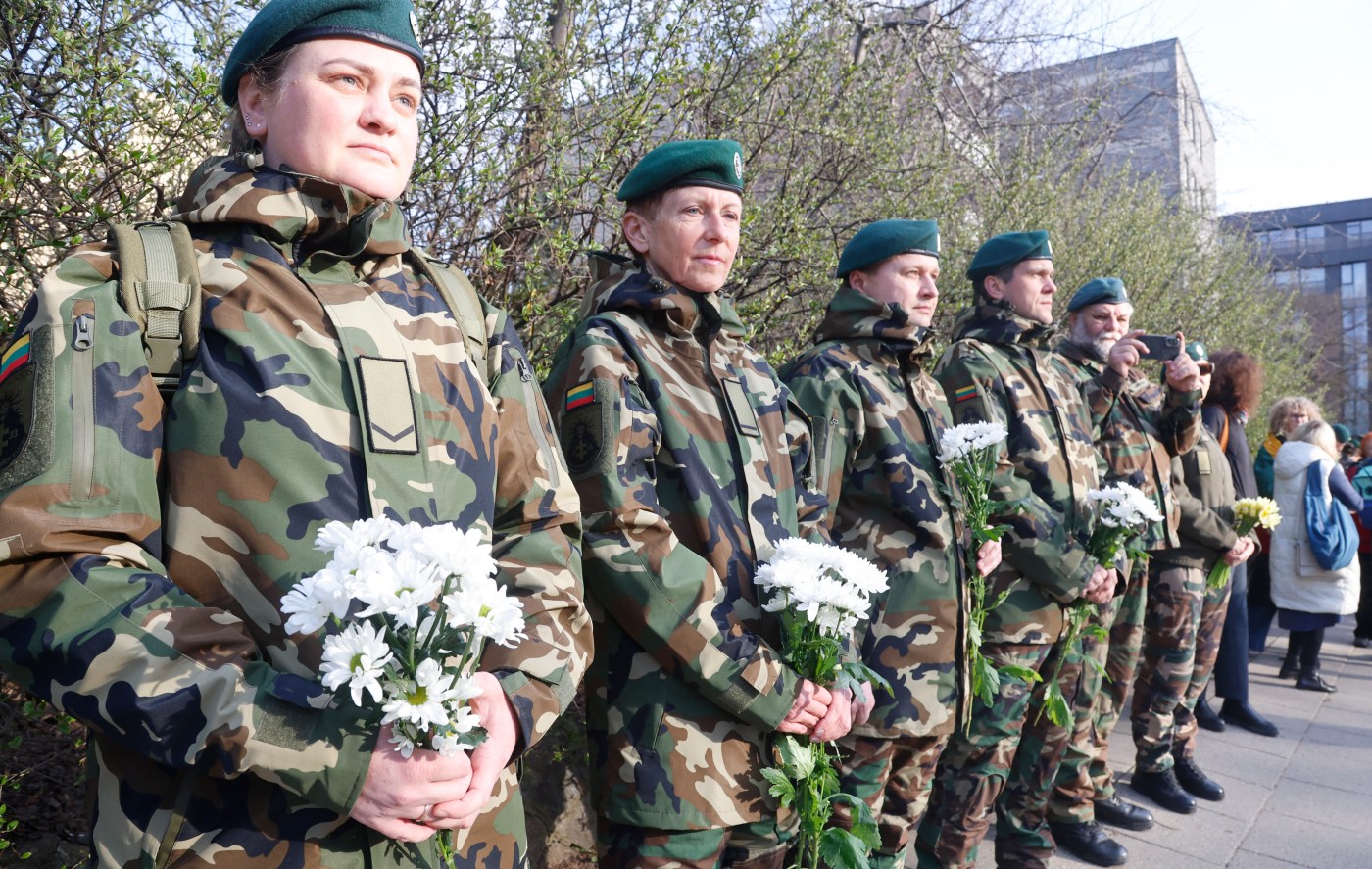
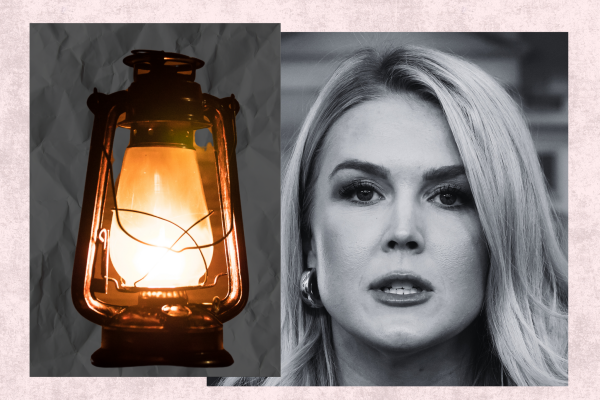
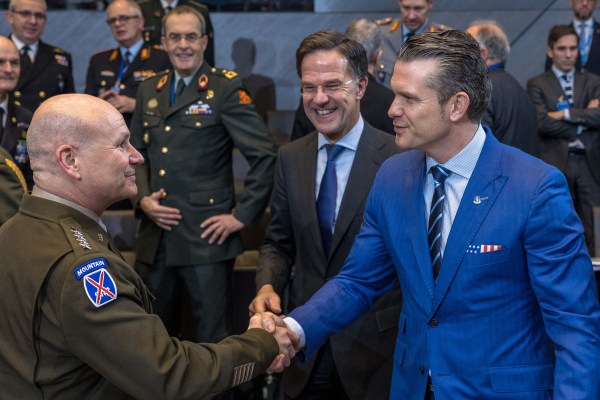
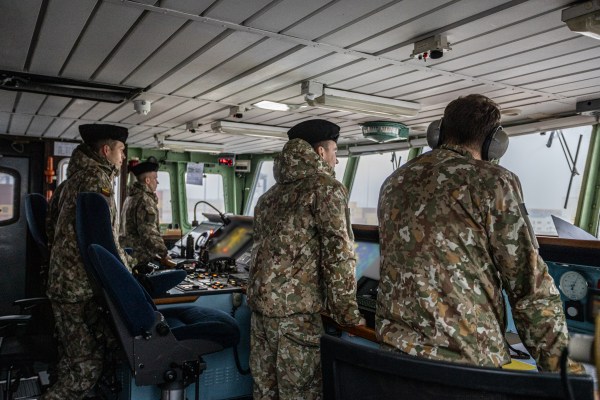
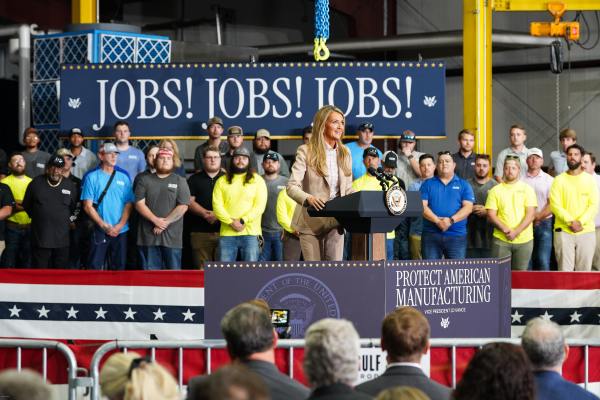
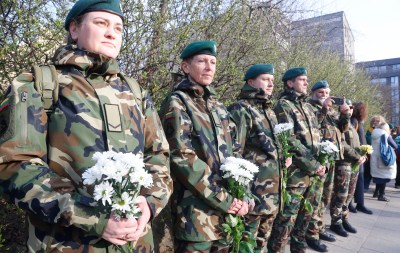
Please note that we at The Dispatch hold ourselves, our work, and our commenters to a higher standard than other places on the internet. We welcome comments that foster genuine debate or discussion—including comments critical of us or our work—but responses that include ad hominem attacks on fellow Dispatch members or are intended to stoke fear and anger may be moderated.
With your membership, you only have the ability to comment on The Morning Dispatch articles. Consider upgrading to join the conversation everywhere.